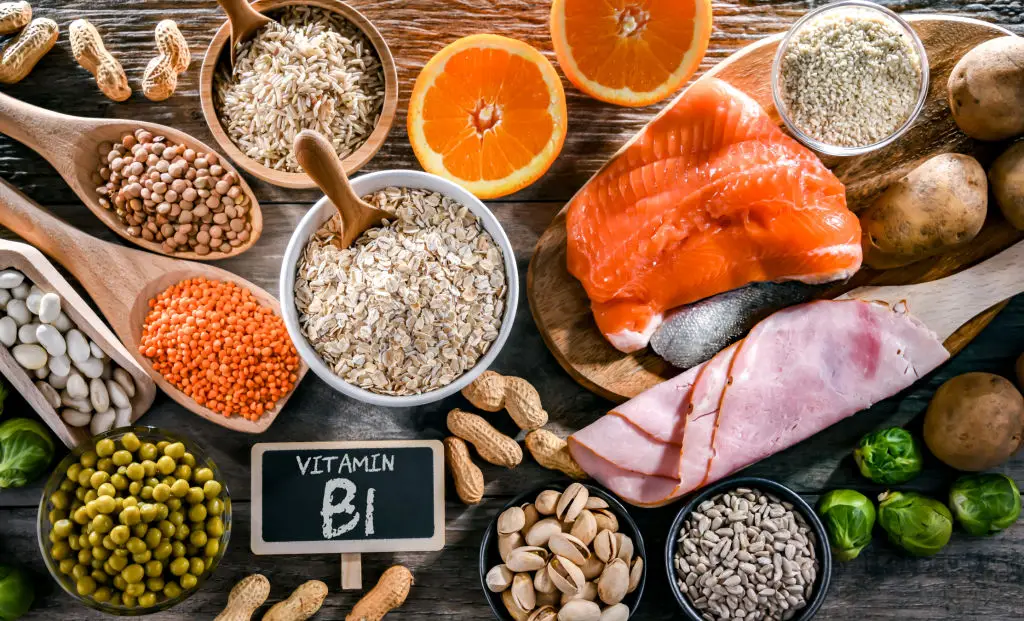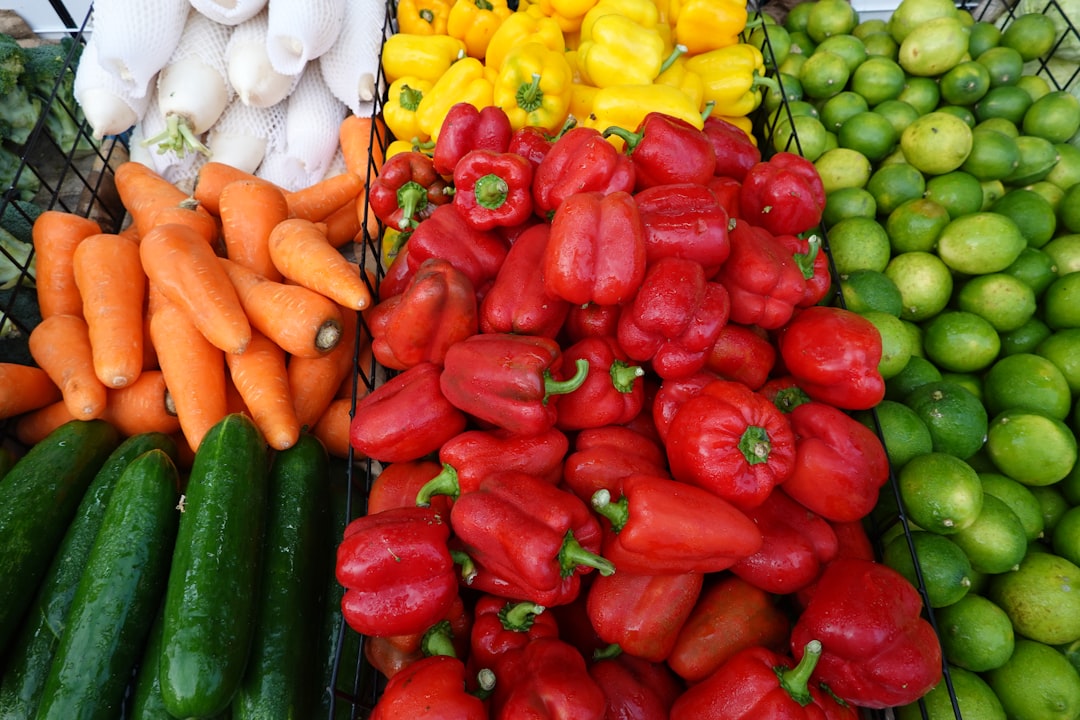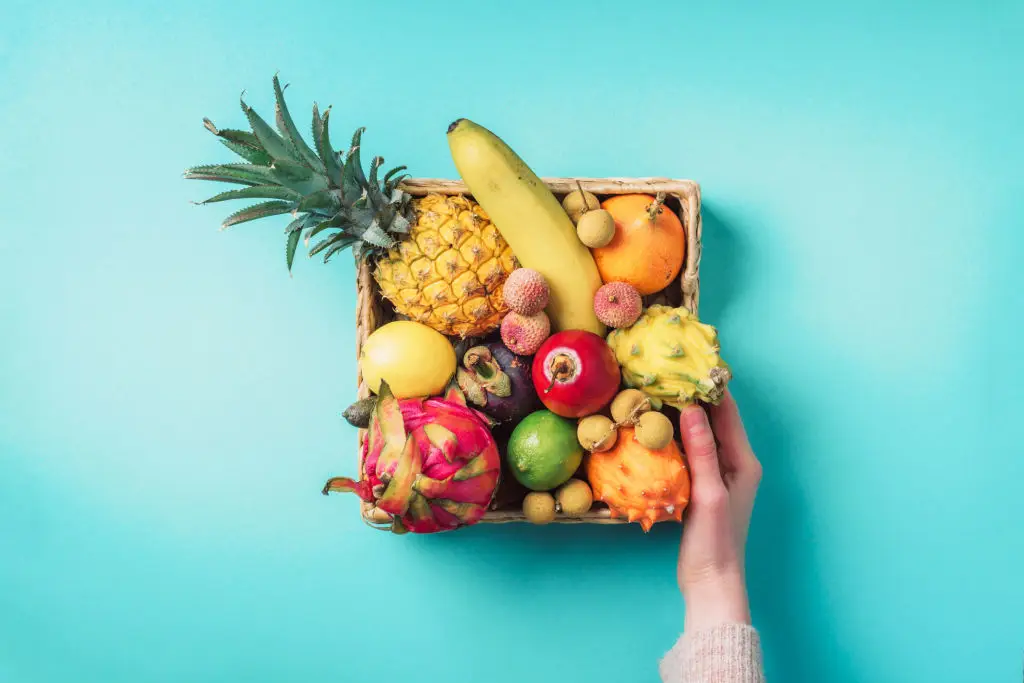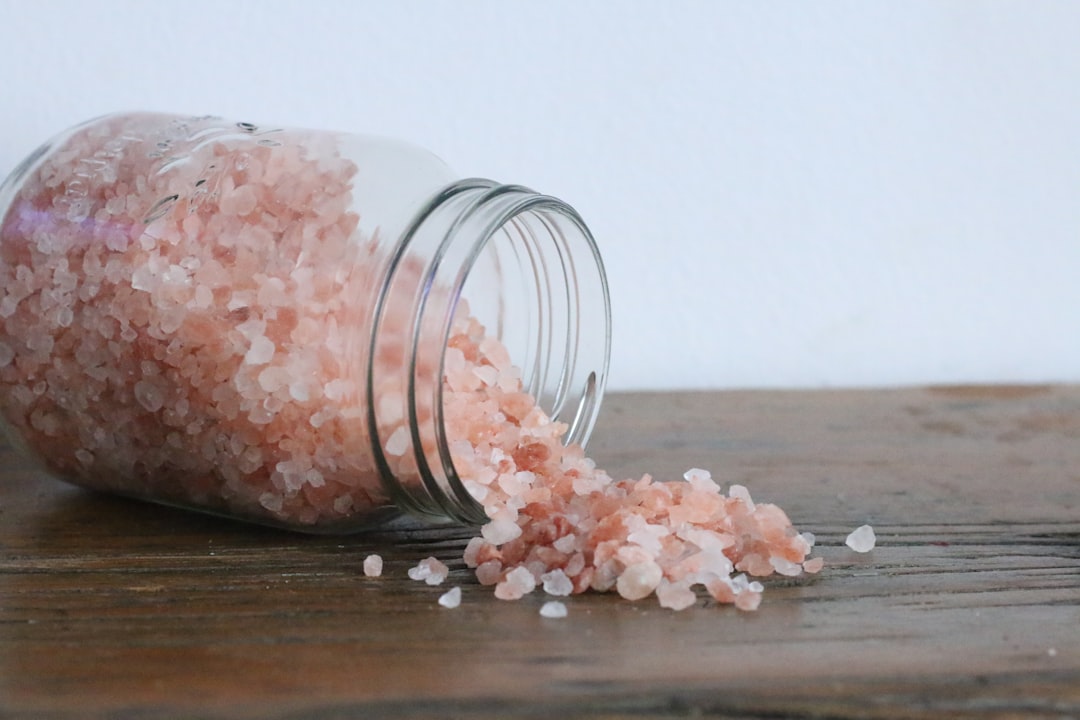6 Lesser-Known Nutrients Your Kidneys Need to Stay Healthy
Your kidneys are much more than the body’s built-in filtration system—they’re dynamic, multitasking powerhouses quietly working to keep every cell in harmony. While many of us learn about limiting sodium or monitoring potassium as we get older, the nutrients that truly support kidney health run far deeper than just what’s on our “to avoid” list. Every day, your kidneys manage a symphony of vitamins and minerals behind the scenes—guiding energy, balancing fluids, and helping your whole self feel more vibrant. If you’ve ever wondered how to nurture these essential organs beyond basic advice, you’re in the right place. Gentle choices and simple tweaks, from what we include on our plates to the type of multi-vitamin we pick, can offer powerful protection for your kidneys—no harsh cleanses or quick fixes needed. Let’s explore six underrated nutrients, each with its own unique role in supporting lifelong kidney wellness. Small steps really matter, and your commitment to learning is itself a win for your health journey.
1. B-Complex Vitamins: The Cellular Energizers

The story of kidney health starts at the cellular level, where B-complex vitamins quietly fuel some of your body’s most essential jobs. This nutrient family—especially B1 (thiamine), B2 (riboflavin), B3 (niacin), B5 (pantothenic acid), B6 (pyridoxine), and B7 (biotin)—helps transform food into usable energy and supports the nerves and tissues your kidneys rely on daily. During times of stress or as we age, kidneys can lose more B vitamins through natural processes like urine production and, for those on dialysis, even more gets washed out. The National Kidney Foundation highlights how these water-soluble vitamins don’t stick around for long, making regular intake through food or carefully chosen supplements key. Whole grains, eggs, and leafy greens are nourishing sources, but sometimes specialized renal formulas (like Nephrocaps or Nephro-Vite) are recommended for those with advanced kidney issues. Not all multivitamins are kidney-friendly, so checking with your care team before starting new supplements can keep your strategy safe and effective. When your B-vitamin levels are steady, every cell in your body feels a bit more energized—just the way nature intended.
2. Vitamin C: The Gentle Immune Booster

Vitamin C brings a burst of support that goes well beyond simply staving off colds. For hardworking kidneys, this water-soluble vitamin contributes to immune resilience and even helps wounds heal more smoothly—a detail that sometimes gets overlooked. Unlike fat-soluble vitamins, excess vitamin C is usually filtered out by healthy kidneys, but for those with declining kidney function, balance is everything. Overdoing vitamin C can sometimes lead to unwanted byproducts in folks managing chronic kidney disease, so moderation truly is golden. Medical experts note that combining vitamin C with specific B-complex supplements targets the unique needs of those experiencing reduced kidney function. You don’t have to reach for exotic superfoods—just add bell peppers, strawberries, and a few slices of orange to your routine to reap the benefits. By focusing on gentle, regular intake instead of heavy supplementation, you give your body’s natural defenses a leg up without overwhelming your kidneys. It’s a practical, low-pressure approach to feeling supported—inside and out.
3. Vitamin D Activation: Behind-the-Scenes Bone Builder

Most people are surprised to learn that kidneys are the unsung heroes of vitamin D activation. While you can get vitamin D from sunshine and fortified foods, it’s your kidneys that turn the “raw” version into its biologically active form—empowering calcium absorption, bone strength, and even immune health. When kidney function declines, this critical step can falter, which is why some people living with advanced kidney disease require specially activated vitamin D, sometimes delivered as a daily pill or during dialysis. Even for those with healthy kidneys, making sure you’re getting enough precursors from fortified milk, certain fish, or a supplement (with your doctor’s okay) keeps the activation process running smoothly. Holistic kidney support sometimes means thinking one step ahead: setting the stage so your body can do what it does best, without roadblocks. By understanding this behind-the-scenes magic, you become a true co-pilot in your own wellness journey.
4. Potassium: Bioavailability and Friendly Plant Sources

Potassium is often seen as a nutrient to avoid, but kidneys actually thrive when this mineral stays in balance—not too low, not too high. What’s less well known is that the form of potassium in your food affects how much your body (and your kidneys) actually absorb. According to kidney.org, plant-based potassium, found in fiber-rich fruits like horned melon (143mg per ½ cup) and feijoa (144mg per two fruits), is often less easily absorbed, giving your kidneys a kind of buffer zone. Why does that matter? If you’re looking to keep your blood potassium healthy without unnecessary stress on your kidneys, choosing lower-absorption sources can offer the best of both worlds. Everyone’s needs and risks are different—some may need to limit potassium more strictly, while others don’t. Instead of cutting out this mineral altogether, talk with your care team about which fruits and veggies fit safely into your meals. Sometimes, a little knowledge is all it takes to replace restriction with real peace of mind.
5. Antioxidant Compounds: Colorful Kidney Protectors

A vibrant plate isn’t just pleasing to the eye—it can offer powerful defense for your kidneys, too. Unique antioxidant compounds in fruits like horned melon, feijoa, and chayote (138mg potassium per ½ cup) help fight oxidative stress, which, over time, can otherwise tax your kidneys’ delicate tissues. The National Kidney Foundation encourages seeking out colorful, kidney-safe produce, not only for their vitamins but also for their protective phytonutrients. These lesser-known fruits aren’t just fun to try—they offer specialized support for blood pressure, inflammation, and overall kidney resilience. If your grocery store doesn’t carry them, even rotating in more familiar kidney-friendly options—like red grapes, blueberries, or cabbage—brings you closer to your goal. The key is diversity and moderation, celebrating each new taste and knowing that behind every bright hue is another tiny line of defense for your body’s tireless filters.
6. Electrolyte Balance Minerals: The Kidney’s Team Effort

Sodium, potassium, and calcium don’t work alone—they function as a carefully balanced team, and your kidneys are the coach. Together, these minerals keep your blood pressure stable, your muscles working, and your nerves firing properly. The kidney’s job is to regulate their levels, adjusting what’s filtered and what’s kept, sometimes minute by minute. Focusing on only one mineral misses the holistic picture—too much restriction or overemphasis on a single element may do more harm than good. A practical approach means seasoning meals with herbs, opting for baked or poached proteins, and including calcium-rich choices like low-fat dairy or fortified almond milk. Kidney experts urge looking at your plate as a whole, finding ways to keep everything in gentle harmony. Celebrate every small step toward balance—every intentional choice is another way you show kindness to your kidneys.
Nourishing Your Kidneys—A Lifelong Gift

Your journey toward better kidney health is just that—a journey, not a race or a series of perfect choices. Every mindful tweak you make, every time you choose a more kidney-friendly food, or take a moment to learn about what nourishes your body at a deeper level, is a gift to yourself and your future well-being. These six unsung nutrients aren’t about restriction or fear; they’re about expanding your options and empowering you to support your kidneys for the long haul. By treating your kidneys as partners and listening to their needs, you lay the groundwork for a vibrant, resilient life—one rich with energy, stability, and a sense of gentle control over your own health. Remember, you don’t have to figure this out alone. There’s always a place for real support, small steps, and forgiveness for those less-than-perfect days. By working with your body instead of against it, you build a foundation that supports not just your kidneys, but your whole, wonderful self—every day, in every way.
